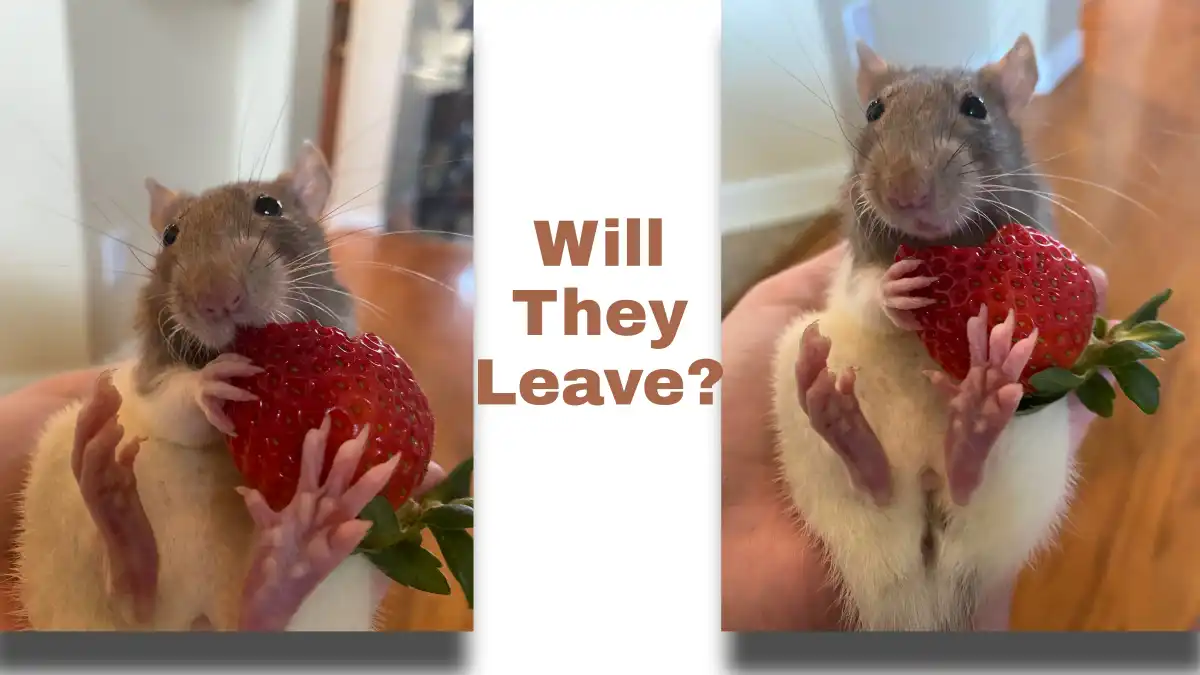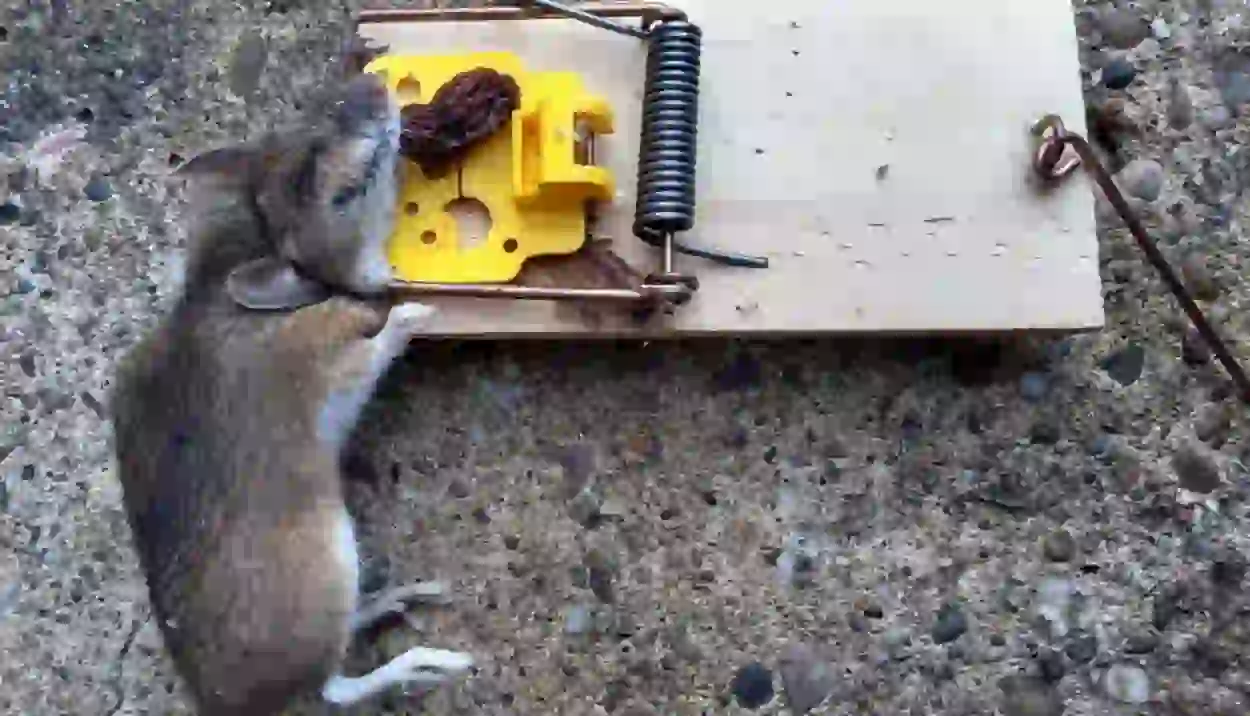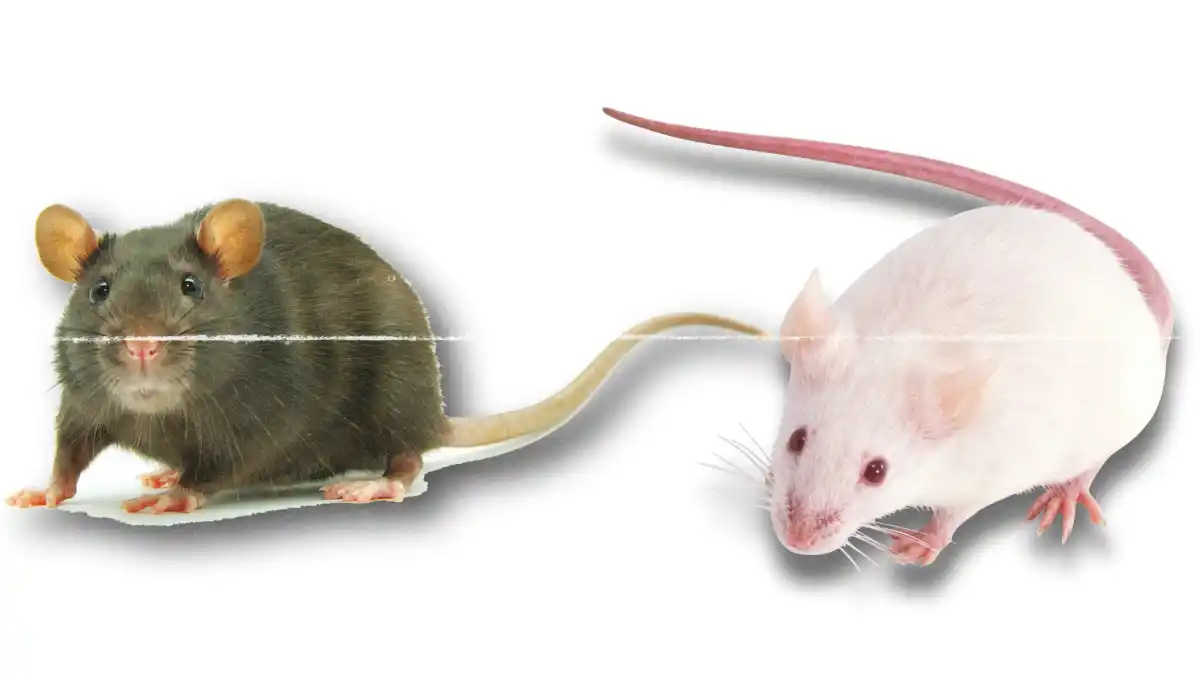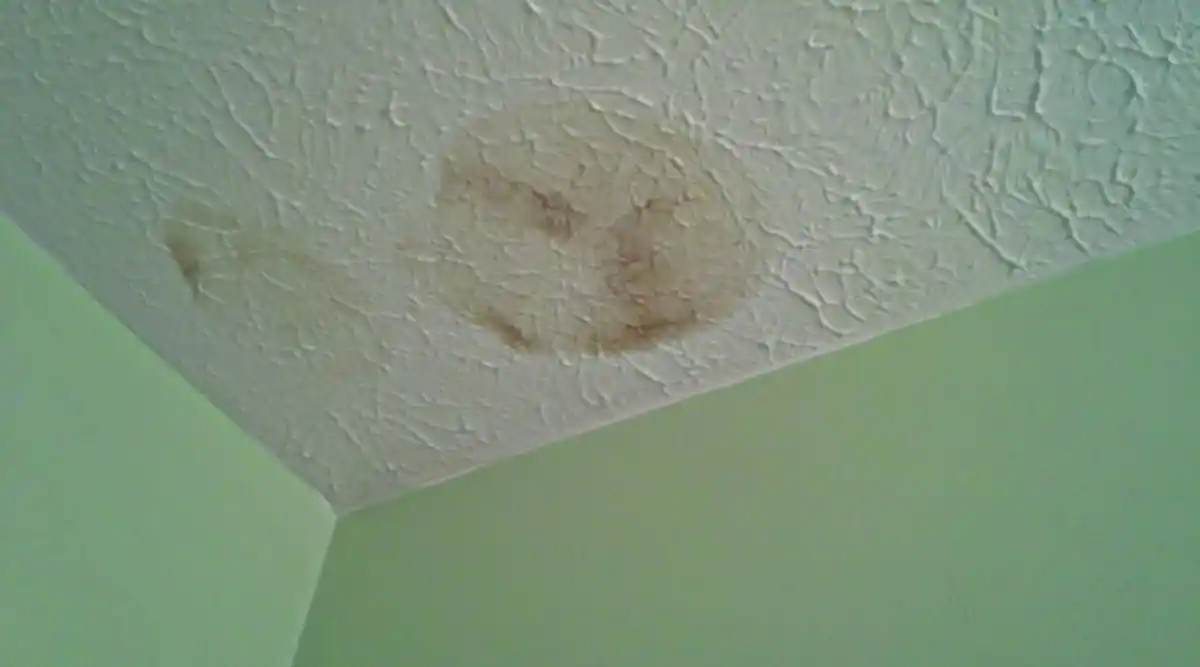Help! I have just seen a rat in my garden, what do I do? That’s unfortunate. Rats are not welcome in our gardens because they are considered pests and can spread serious diseases like Leptospirosis, which can lead to Weil’s disease. They often make their homes under decking, in sheds, greenhouses, or compost heaps.
Since rats are mostly active at night, you might not see them directly. But there are signs to watch out for. These include tunnels about 6-9cm wide, tracks called ‘runs’ alongside walls or fences up to 10cm wide, cylindrical droppings (about 15mm long and 5mm wide), gnawed wood (especially near food storage areas), and parallel teeth marks on crops. If you notice any of these signs, there’s a possibility that rats are present in your garden.
Just like humans, rats need food, water, and shelter to survive. If you remove at least one of these things from your garden or allotment, they are less likely to stick around.
I Have Just Seen a Rat in My Garden: 10 Things to Do

1. Suspend Feeding Wild Birds and Animals
Rats like to eat grain and might come to your garden if they find food from bird feeders. If you think rats are coming, stop putting out bird food and make sure chicken runs are closed properly. Keep bird and other animal food in secure containers.
2. Maintain a Neat Garden
If you keep your garden clean and neat, it’s less likely to attract rats because they won’t find much of hiding spots. To do this, make sure to trim the grass regularly, tidy up any messy storage spaces, get rid of trash, and cut back any overgrown areas, especially near fences or garden buildings.
3. Rearrange Your Items
Rats are afraid of new things, a condition known as ‘neo-phobic.’ They dislike any changes in their territory. Place obstacles in their paths and regularly move things around in the garden.
4. Prevent Access to Decking
The area under the decking is attractive to rats because it provides shelter and is difficult to access. Food scraps can also easily slip between the planks, attracting them. After outdoor meals, make sure to clean up any dropped food.
If you can, block their access to this space. If the rat problem continues, you might want to think about installing a patio instead.
5. Prevent Entry to Garden Buildings
Close up any openings in the walls, floors, and doors of your garden buildings tightly. For extra security, consider adding a metal ‘kick plate’ to your shed door to keep unwanted visitors out.
6. Keep Your Compost Bin Safe
Make your compost bin or heap unwelcoming to rats by avoiding adding food scraps and keeping it moist with a good mix of green and brown materials (rats don’t like moisture). Regularly watering the heap can also help deter them.
You want to prevent rats from getting inside – attach chicken wire around the base of the bin to stop them from digging underneath.
7. Monitor Crop Growth and Stay Vigilant
The situation is understandable that you have just seen a rat in your garden. However, it can be hard to prevent them from getting to your crops.
Rats will eat sweetcorn, pumpkins, squash, root vegetables, and apples. After harvesting, make sure to store them in a safe place. If you think rats might have nibbled on your stored or growing crops, avoid eating them. Rats also like to eat seeds, so store those securely too. Here are other foods that are irresistible to rats.
8. Get Rid of Water Sources
Rats can’t survive without water – Harrison County Health Department, Indiana. For most experts, they can only survive for about 4 days without water. You don’t have to remove garden ponds or bird baths to get rid of water. Instead, you can deter rats from your garden by getting rid of other water sources, like dripping taps. Make sure to secure drains and add baffles to drainpipes.
9. Promote Natural Predators
Foxes eat a lot of rats, so it’s a good idea to let them live in your garden or allotment if you can. Having pets around can also help keep rats away because they disturb the garden and make it less appealing to rats.
10. Control Rat Populations in Your Garden
If you’re really struggling to deal with rats, try these tips as a last option. Remember, only do this if you’ve tried everything else to keep them away. Using strong poisons can hurt other animals in your garden and affect the environment.
First, figure out where the rats are living and how they move around, even in nearby gardens. You can find traps and poisons at garden centers, but be sure to use them carefully by reading the instructions. For a better and safer approach, consider contacting your local council or a professional pest controller to handle the situation.
Signs of Rats in Your Garden
If you spot rats running around your fence or anywhere else in your garden, that’s a clear sign of a possible rat problem. In your garden, you might come across the brown Norway rat, while those living near the coast might encounter the common black rat.
Apart from the sightings, there are several other signs to watch out for in your outdoor areas, such as:
1. Rat Droppings
Tiny, 15-20mm droppings that look like cylinders are a clear indication that rats are visiting your garden.
2. Gnawing Marks
Rats are well-known for using their teeth to trim them down and make entrances. This can lead to damage around your place. Keep an eye out for gnaw marks on wooden structures like fence panels and sheds. Also, check inside your shed for gnawing on items like cardboard boxes.
3. Traces to Spot their Presence
Sometimes, it’s not easy to see them, but if you often notice small footprints, it’s worth checking for a possible rat problem. Look for smudges on wooden or metal surfaces in your garden; these could indicate areas where rats are commonly moving around.
4. Identifying Burrow Holes
If you see small holes in your garden, about 6-9 cm in size, it’s a clear sign that rats have made nests there. These holes are usually found in quiet areas and might be used for nesting or storing food.
If you notice several of the signs mentioned above, it’s more likely that rats have made your garden their home. But if you’re not sure where they are living or need help to assess the situation, it’s best to call in the experts for assistance.
Should I Be Worried if I See a Rat in My Garden?
Rats are pests, and it’s normal to spot them outdoors sometimes, especially at night. However, if you see a rat in your garden, you should be worried. While it could be just passing through to another place nearby, spotting one might indicate that they are close by, and that can be a potential issue.
To keep rats away from your garden, make sure to block small gaps and pathways and avoid leaving any food or nesting material around, especially if they’re not nesting there.
The biggest danger of having rats in your garden is that they can carry diseases that are harmful to you, your family, and your pets. These diseases include leptospirosis, salmonellosis, plague, rat-bite fever, tularemia, bartonellosis, and more, making your garden unsafe.
There are various ways you can come into contact with these diseases, such as accidentally touching their urine and feces or inhaling infectious dust particles if they’ve been nesting in your shed. These risks are similar to the dangers you’d face if you found rats inside your home.
Handling live or dead rats should be avoided at all costs, as the diseases they carry can easily spread to humans. Live rats are particularly risky since they can scratch or bite, which is a significant concern if you have curious pets exploring your garden.
Contact Your Local Pest Control
So, based on the concern “I have just seen a rat in my garden,” consider professional rodent control if the infestation is severe.
They have the expertise to handle rodents and make your garden safe and enjoyable again. Professionals also offer advice and services to prevent future infestations. Contact one in your local community for safe pest control to have a trained and insured team help you with any rat issues in your garden.





